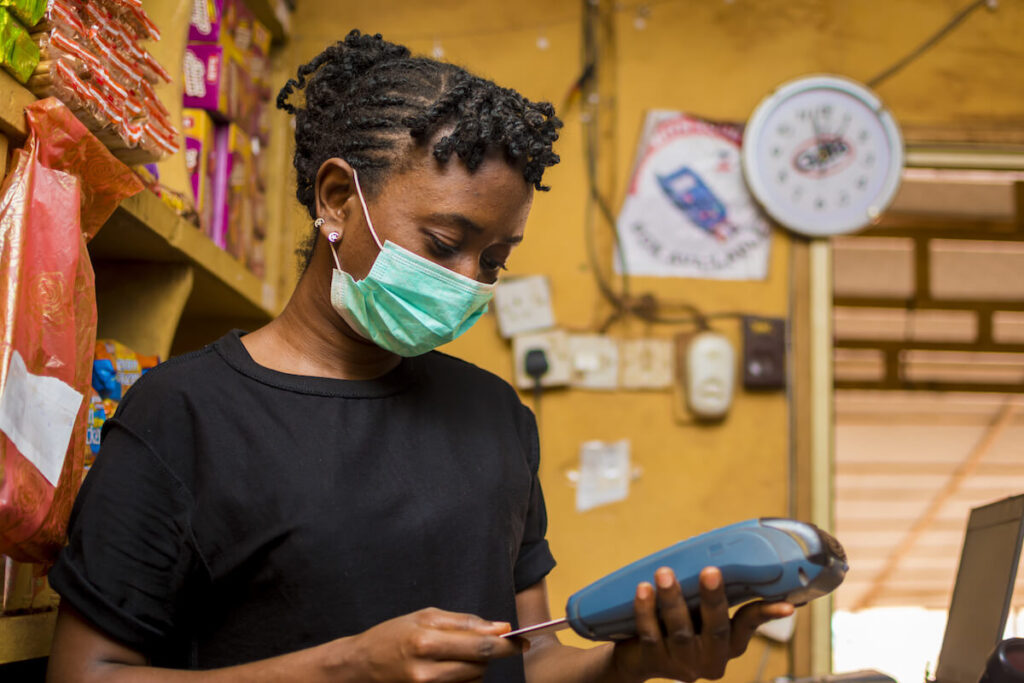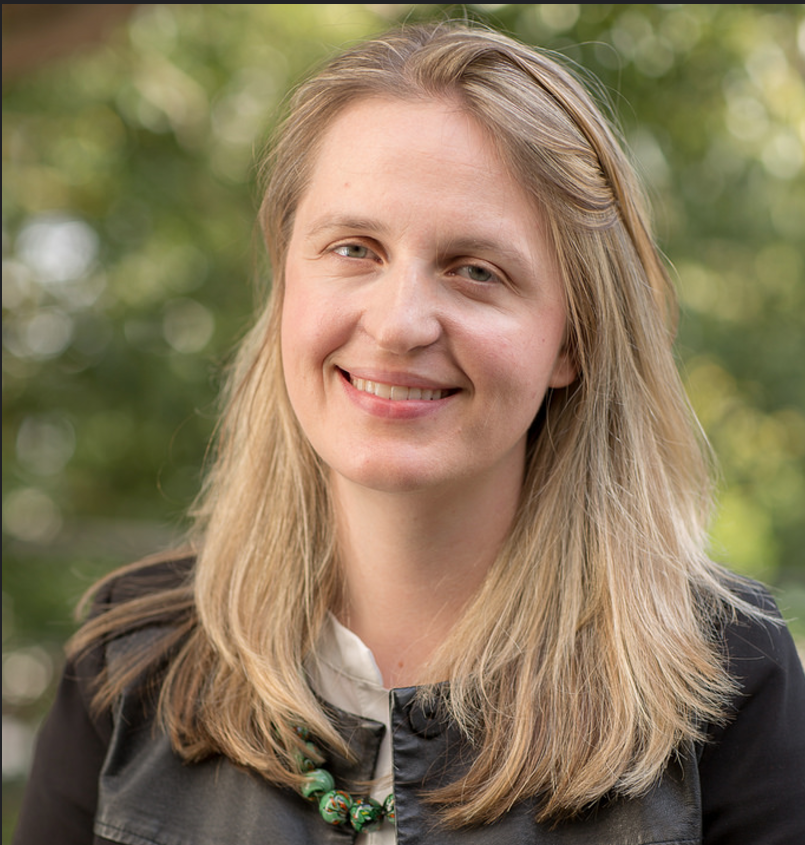
On the second day my son’s preschool was closed in Rome due to the coronavirus, a headline out of the U.S. caught my eye: “Fed quarantines U.S. dollars repatriated from Asia on coronavirus caution.” I imagined a huge cartoon stack of dollar bills with face masks on, languishing inside a bank vault. My second reaction was to realize the profound implications the coronavirus would have for the use of cash and the many millions who rely on the cash-based economy.
While there is fear over cash as a vector of COVID-19, and while some viruses can indeed survive for hours or days on banknotes and coins, public health officials and scientists believe that cash itself is less likely a source of transmission compared to other surfaces we come into contact regularly, like POS devices or ATM pin pads. In fact, the Bank of International Settlements recently noted that there have been no known cases of COVID-19 spreading via cash or coins.
However, wrapped up in this concern is the context that cash-based transactions occur in-person and in close physical proximity, and the reality that person-to-person is the primary transmission channel for COVID-19. As a result, many governments, multilateral organizations and private-sector players are calling for and actively incentivizing an expedited pace of digitization for their economies and payment ecosystems.
In Kenya, for instance, the Central Bank rapidly issued new rules for mobile money such as removing fees for small-value transactions, increasing transaction limits, increasing mobile money wallet limits and removing transfer charges between bank accounts and mobile wallets. The Bank of Ghana (BoG) recently loosened know your customer (KYC) restrictions for mobile subscribers to open a mobile wallet and transfer up to 1000 cedis (around $170).
There is proven potential for digital finance – both in the immediate management of the COVID-19 pandemic, and in the longer run. In times of crisis when temporary employment is required by the government, the rapid digitization of wages can be a health and economic boon. The Better Than Cash Alliance conducted a study on the use of digital payments to pay the wages of health workers fighting the Ebola outreach in Sierra Leone. They found that the efficiency and timeliness of digital wages saved the loss of 800 working days of health workers, which surely saved lives. And impressively, the Sierra Leone government digitized the wages of 30,000 health workers in two weeks! And cash transfers by governments or other actors, a literal lifeline during a pandemic where income has dried up, are made infinitely easier through digital channels.
It’s not hard to imagine governments pushing for rapid digitization to protect their populations from illness and create apertures for economic activity.
So should we prepare ourselves for an inevitable, even faster stampede towards digital finance? It is not hard to imagine governments pushing for rapid digitization with the good intentions of both protecting their populations from illness and creating (much needed) apertures for economic activity.
Keeping the Consumer in Mind
But we must keep in mind the consumer. For CFI, our focus is squarely on the vulnerable at the bottom of the pyramid.
And we have a few concerns. Hastily planned, rushed edicts to digitize will harm the poor. In November 2016, the government of India surprised the world by announcing the immediate invalidation of Rs 500 and Rs 1000 notes, ostensibly to curb corruption and push for digitization. The aftermath was bedlam: the country’s 200-plus million farmers were unable to buy seeds and other inputs, businesses sputtered through shocks in revenue, the rural poor traveled miles (at the cost of their daily wages) to wait on interminably long lines to exchange their bank notes, while better off citizens would hire someone to stand in line for them through a service called Book My Chotu. And one year out, while digital transactions did rise immediately after demonetization, growth slowed each subsequent month. This is not to say that rapid onboarding is impossible – see the Sierra Leone example – but rushed, fear-based policies are ill-advised and will do more harm than good.
Digital natives take for granted their comfort level in the shape shifting world of two-factor authentications, interfaces and apps (and more apps). While the march towards mobile money and digital finance has been steady, a stampede would leave many digital immigrants behind. Here in Italy, where our family has been living for nearly three years, we’ve read that many schools have struggled to transition online during the crisis. As noted by an Italian journalist, “The reason for the delay is absurdly simple: many Italian teachers, and most principals, are old and never learned to use a computer properly, thinking that it would never become necessary.”
While the march towards mobile money and digital finance has been steady, a stampede would leave many digital immigrants behind.
Similarly, in a rush to digitize, we must be careful not to perpetuate a new kind of financial exclusion. Many rural villages have weak foundations to support robust digital finance, more than 1 billion people cannot read, write or understand the long number strings necessary to transact on mobile phones, and while more have smartphones, the devices and data plans are still not affordable to many low-income segments. As they seek to push for digitization, policymakers should have a comprehensive sense of their country’s “digital repertoire”, an approach which includes the network available, the capacity of devices being used, the market’s digital services, and the digital capability of individuals.
Policymakers should have a comprehensive sense of their country’s “digital repertoire.”
A related concern is fraud and scams in an environment where a pandemic is weighing on everyone’s minds, especially for digital immigrants. David Medine at CGAP has documented some of the abhorrent COVID-19 related scams, both analog and digital, from fake emails from the WHO or CDC peddling treatments, to messages/calls from scammers pretending they are with a friend/family member at a hospital in need of payment. Beyond the immediate health crisis and the fears that scammers feed off, digital finance has a fraud and a fraud redress problem. At CFI, we are especially attuned to this, having done demand-side research in Rwanda as well as anti-fraud educational campaigns via radio. We’ve learned how difficult it is for victims to report fraud and recover their balances.
These considerations are not to discredit digital finance as one of the most viable solutions for the near-term needs brought about by COVID-19, as well as long-term financial inclusion goals. Many of these issues have been raised for years in the broader context of responsible digital finance – but they take on added urgency in an environment where policies are being designed and rolled out quickly. Governments and stakeholders around the world can and must meet the moment through careful planning and communication, robust monitoring and feedback loops, picking the right experts and partners, and most of all, keeping the most vulnerable users in mind.










